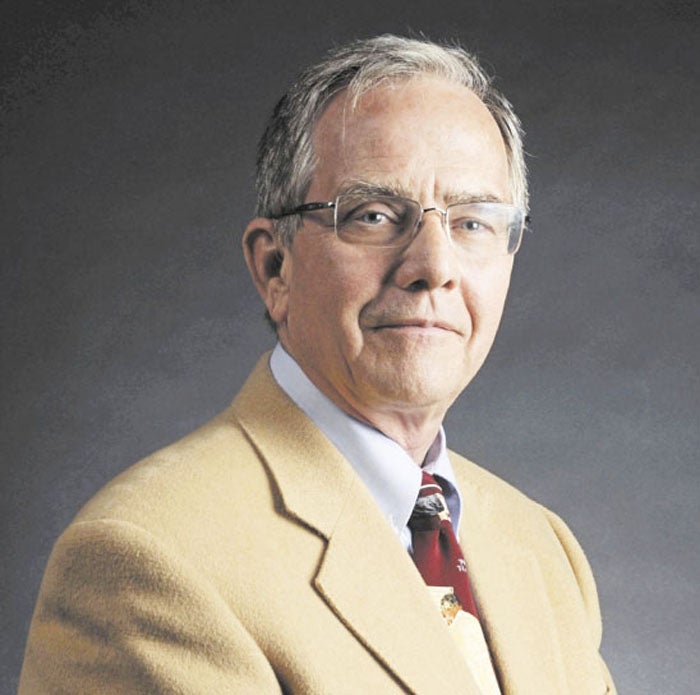Francis Koster: RSS about to be national role model for education
Published 12:00 am Sunday, August 16, 2020
By Francis Koster
One out of every five Americans work at or attend public and private K-12 schools. The next year is going to be very difficult for our nation’s schools, for parents, and for our economy. Then it should get a lot easier.
It has only been four months since the 100th case of COVID-19 was announced in America. Since then, more than 5 million Americans have been diagnosed as infected, more than 1 million of those have long term damage to their health and more than 160,000 people have died. One million new infections occurred in the last 18 days.
Under guidance given by Gov. Roy Cooper, online and/or in-person classes are scheduled to begin Monday.
According to a study published last week by Dr. Spencer Fox, of the University of Texas, who used county specific data from all across America to calculate the existing rate of infection among children, approximately one out of every 100 K-12 students who shows up to attend school in Rowan County public or private schools will arrive already infected.
Like half of all American schools, the majority of school buildings in Rowan County do not have air conditioning systems that allow fresh air to be added to the classroom during the day. The existing systems takes the old air students and teachers have already breathed, sucks it out of one classroom, adjusts the temperature and puts it back into another classroom. Over and over, all day long. It does not take many infected kids or teachers to spread the disease widely.
Public health experts agree that the vast majority of schools that try to start the school year with in-person classes will have to close shortly after the school year starts.
Nationally, there will be several areas of impact. The first is that because of lack of broadband and computers in low income homes, the dividing line between social classes will widen. The second is that our entire country’s education system (including students) will become more skilled at using e-learning. The third is that distance learning or e-learning will be a major component of our educational system going forward even after the epidemic is defeated.
During this time of stress, there are two major assets to be excited about. The first is that Rowan-Salisbury Schools, and its 20,000 students is one of the most advanced online public school systems in the country, ranked in the digital top 10 large K-12 school systems in America for its online technical infrastructure and trained teachers as well as because of their success in ensuring that the students have access to the internet through widespread installation of electronic equipment that allow students throughout the district to connect to the school system.
Because of Rowan-Cabarrus Community College’s advanced digital teaching capability, area college students who are concerned about going back to dormitories and in-person classes can also take transferable on-line classes while remaining at home.
These two educational institutions also work together to provide college credit courses on-line to qualified high school juniors and seniors.
Think about this: During the last two “pre-COVID” school years, Rowan County was the only one in America where both the K-12 school system and the community college both scored in the top 10 in the nation for their online learning capability. From an educational perspective, Rowan County is in much better position to implement online learning than most of the rest of the country and has laid the foundation for a strong economic recovery.
The job is not done. As the epidemic assaults our country, one thing that concerned citizens can do is volunteer. You can help, including tutoring of students which can be done remotely by sharing computer screens, helping sanitize the school bus fleet, pitching in on preparation and delivery of food to needy students, and creation of outside learning spaces.
It is up to all of us to pitch in create a new future and a better America for all. Have you stepped up yet?
Francis Koster did his graduate work with a focus on threats to the basic life-support systems of air, water, food and fuel.
He spent the majority of his career as chief innovation officer in one of the nation’s largest pediatric health care systems. He is married to Carol Spalding, president of Rowan-Cabarrus Community College.


